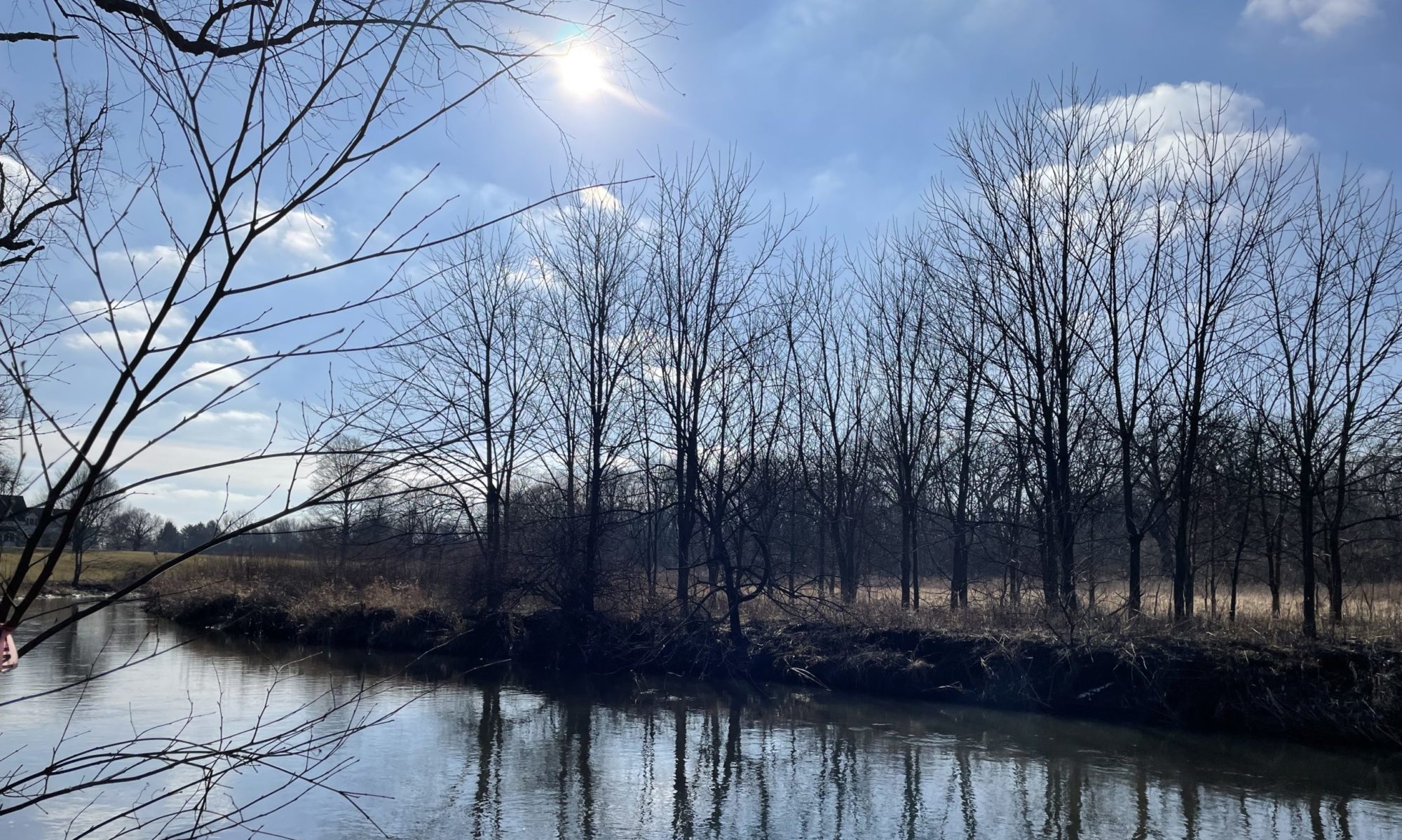Those who have pets understand, someone’s pet is usually a very important member of their family. So during a disaster, pet owners are not only concerned about the well being of themselves and other humans in the household, but also the safety and care of their pets. And like humans, pets also have survival needs when disaster strikes. If you don’t have a pet, or if you are in the position of planning to accommodate pets during a disaster, you may wonder how prevalent of an issue this could be during an event.
According to the most recent publication by the American Veterinary Medical Association (AVMA), approximately 57% of U.S. households owned a pet at the end of 2016. The majority, 38% of households, owned dogs while about 13% of all households owned a more exotic pet such as a lizard, rabbit, or turtle. However, pet ownership was also shown to fluctuate between states. Wyoming has the highest with 72% of households having a pet. Rhode Island had the least with 45%.
With those types of numbers, it is important to understand and plan for what will happen to pets when a storm other other event hits. Your pet will most likely need food and water, so it’s important to have food and water for your pet in your preparedness kit.
If you need to relocate outside your home, are there shelters in the area which will take pets? Will they take the type of pet you have? If they take them, will they require proof of up-to-date vaccinations? Also, if you need to go to a shelter, they probably will not have the essentials your pet needs so you will have to bring all of that yourself. And even if you don’t have pets yourself, if you relocate to a shelter that takes pets this might be important for you to know, especially if you are allergic to pets.
Other important things to keep in mind in preparing to keep your pet safe after a disaster is to also have an up-to-date pet tag attached to a collar on the pet, a current photo of you and your pet, and a leash or harness for your pet. The AVMA has more tips and advice here: Pets and Disasters.
And if you have livestock, the AVMA also has a good list of preparedness tips here: Large Animals and Livestock in Disasters.
While we’ve had pets in the past, right now we do not have any in our household, so for us, we won’t need to add anything extra to our kit.
As a side note, throughout this series of posts about getting prepared, I may mention certain products, services, agencies, etc. At no time is it my intention to promote a specific product or service or agency. Each is mentioned only for informational purposes. Of course as a government employee, I do receive a salary from the government for the time I work on my job which by the way is not affiliated with this site, but I don’t receive any compensation from any commercial entities I mention or include in these posts.



